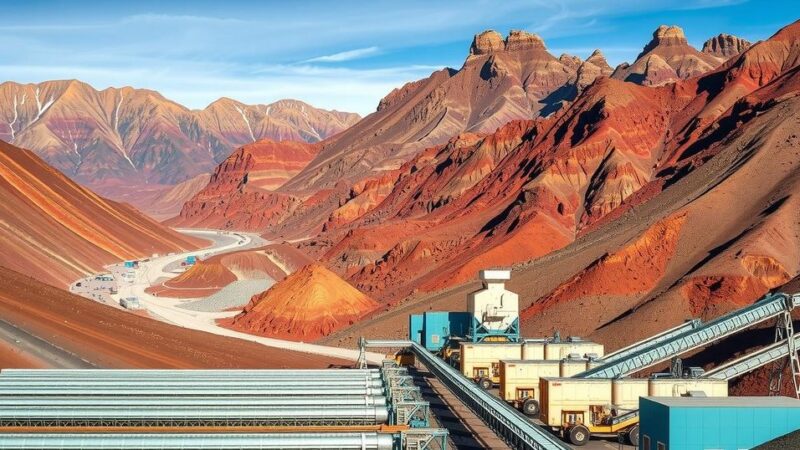Nigeria aims to double its GDP growth to 7% by 2025 through increased oil production and private sector involvement. The initiative seeks to improve living standards after years of stagnation. The government also aims to enhance the investment climate by addressing bureaucratic delays, marking a significant turning point for the nation’s economy.
Nigeria is set to double its GDP growth rate to 7% by 2025, according to Wale Edun, the Minister of Finance and Coordinating Minister of the Economy. This ambitious goal is primarily supported by increased oil production, private sector engagement, and the elimination of subsidy spending, all aimed at enhancing the living standards of its citizens. The government aims to reach this target as it believes that achieving such growth is essential for lifting people out of poverty.
By 2025, Nigeria anticipates a significant rise in revenue growth and oil production. Currently, the country plans to increase its output to over 2 million barrels per day, surpassing its OPEC+ quota. A recent Reuters survey indicated Nigeria’s production exceeded its target, suggesting that such goals are attainable. The enhancement in oil production, a critical source of foreign exchange earnings, is expected to strengthen the economy and improve per capita income for the populace.
In the latest quarterly report, Nigeria’s GDP growth reached 3.8%, an improvement from 3.46% in the previous quarter, as per the National Bureau of Statistics. Forecasts for 2024 predict a GDP growth of 3.40%, marking a recovery from past challenges including the COVID-19 pandemic and economic disruptions. However, for a nation with over 220 million citizens, a GDP growth of under 4% is viewed as inadequate, highlighting the need for the targeted 7% to rejuvenate the economy.
Edun emphasized the importance of increasing private sector participation to fill the infrastructural gap that has hindered foreign investment in Nigeria. The government is taking active measures to alleviate all barriers that limit private investment, aiming to enhance the overall investment climate. Notably, the Dangote refinery is expected to contribute to this growth by producing 650,000 barrels per day at maximum capacity, showcasing local refining potential.
In conclusion, Nigeria’s strategy to achieve a GDP growth rate of 7% by 2025 hinges on a combination of improved oil production and heightened private sector involvement. By addressing infrastructural deficits and bottlenecks that currently dampen investment, the country seeks not only to enhance its economic performance but also to uplift the standard of living for its citizens. This ambitious plan represents a vital step towards sustainable economic recovery and growth.
Original Source: businessday.ng





